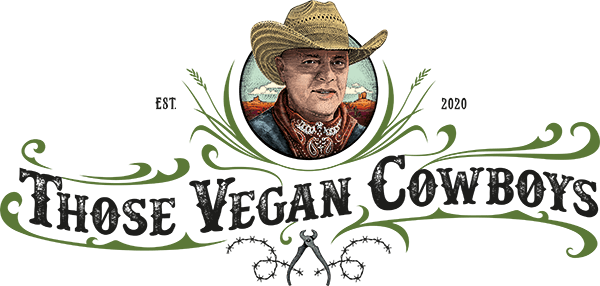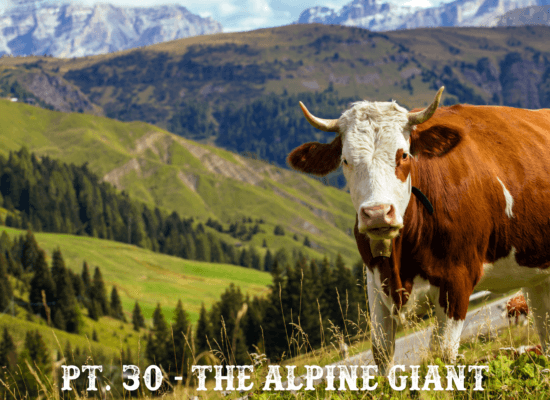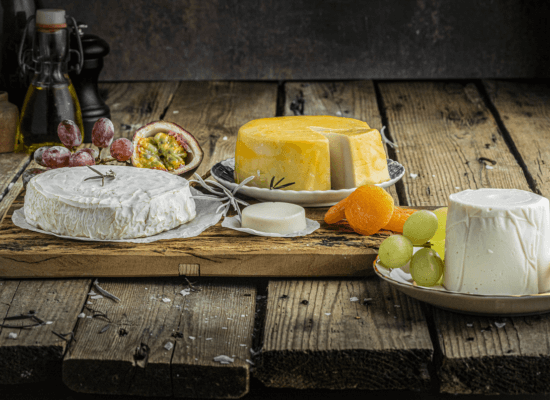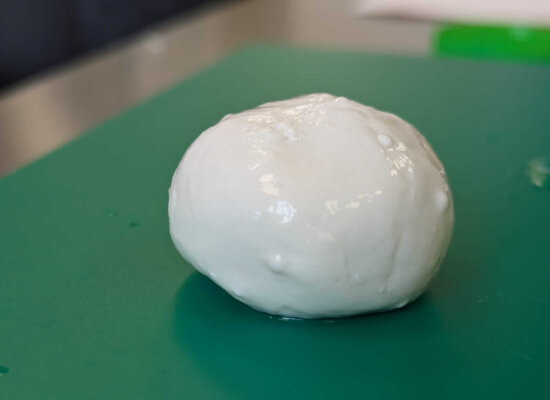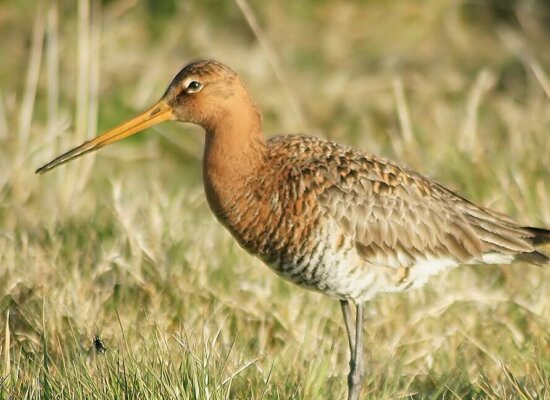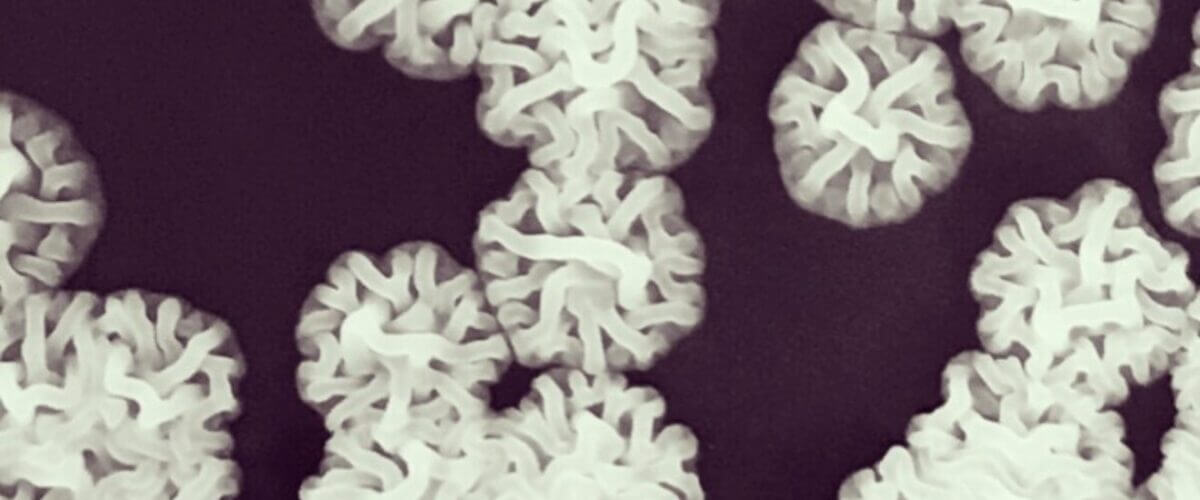
Pt 8: Artificial by Nature
As the days grow awfully short, and the sun sets early over the leaf-strewn streets of our towns and villages, we huddle up in the warmth and comfort of home and hearth. Looking out over the windblown fields on such a clear night, you see the pale moon painting the meadows blue, and the farms in the distance glowing like little islands of light on a cold night at sea. The year’s harvest has long ended and a time of hibernation sets in, where we prepare for the new season and await the sun’s return. Both man and beast seek shelter inside and patiently feed on the early autumn’s plentiful bounty, the memory of midsummer’s heat fading as quickly as the green of the trees. At least, that’s how it was for a very long time. Before that, in an age where us humans plowed no fields and sowed no seeds, we moved with the seasons, following the herds of wild animals where they went. Fire kept us warm as the stars guided us on our journey. Since the dawn of time, we have always been dependent on the cycles of nature, up until quite recently.
Reinvent our lives
As mankind lived through countless revolutions around the sun, our tools progressed, constantly changing what it means to be human. Nowadays, we have greenhouses where plants can thrive even if the fields are covered in snow. We have electric lights and heaters that keep the cold and darkness at bay, and fancy devices to connect us to the outside world. Yessir, the technologies that we invent in turn cause us to reinvent our lives, whether it be the first person to harvest a home-grown crop, or the first person to splice a gene. And one thing that all these technologies have in common is that at first they seem revolutionary, even scary, before they become widespread and are considered normal.
A good long chat
Now, one such form of technology that’s on the rise in food production is that of applied microbiology, coupled with the use of genetic engineering. In order to better understand the impact and benefits of these technologies, I sat down with our Sheriff, Will van den Tweel, and Steven ‘sing-a-long’ Geysens for a good long chat. They explained to me how these fields of research are focused on understanding the inner workings of organisms on the smallest scale, and on actively shaping them.
Food from a laboratory
This might sound artificial or unnatural, but when you think about it, this ain’t really anything new. Ever since the dawn of agriculture, farmers have faithfully selected those plants that yielded the most corn or the cows that gave the most milk. In doing so, mankind ‘sculpted’ species of plants and animals into versions that would’ve otherwise never existed, like the potatoes ‘n peppers that we consider to be so natural. Heck, even the production of cheese and beer are heavily dependent on controlled microbial processes and those have been around for thousands of years. The only thing that’s changed is our growing understanding of these processes, and the way we apply them. It’s this very same understanding of microbiology that now allows us to deconstruct foods that used to come from animals, and to start developing them in laboratories instead. Of course, that might not seem like a very nice idea at first. When you think of a cold glass of milk, you’d rather picture a happy cow in a field than a big metal vat in a sterile lab. If we examine the details and consequences, however, that last picture becomes a lot brighter. First of all, microbiology takes away the need to bother or exploit any living creature in making the products that traditionally come from animals, and they can live a much happier life if there ain’t a big industry that takes priority over their happiness. Secondly biodiversity ain’t nothin’ make light of. The laboratory makes for a much more efficient way of doing things, and that’s a fact. On top of all that, we can even apply these technologies in order to make the foods that we know and love much healthier than they have been in the past. We can eliminate the hormones and antibiotics that are so present in many dairy products, we can control the presence of certain components such as saturated fats, and we can create an animal-friendly product that is simply superior to its old-fashioned predecessor.
A revolution that will benefit us all
All in all, mankind has always been somewhat artificial by nature. Who we are is defined by the tools we use, and those tools are ever changing. From gathering berries to planting them, from hunting animals to herding them, we now stand at the brink of a new revolution. A revolution that will benefit us all, man and animal alike.
